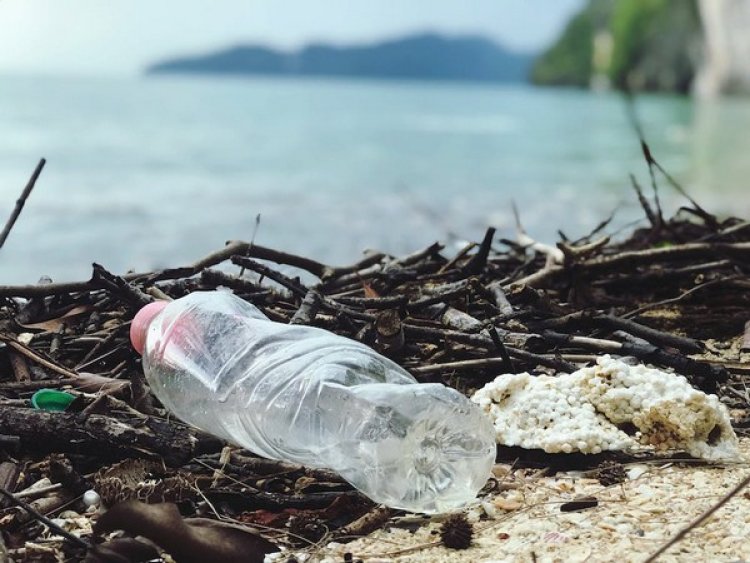New recycling method to market 'junk' plastic waste

Washington DC, US: A new technique, described in the journal Science boosts financial incentives for plastic recycling and makes it possible to recycle new kinds of plastic.
According to researchers' estimates, the conventional production of these industrial chemicals would result in a 60 per cent reduction in greenhouse gas emissions.
The new method depends on a few methods for chemical processing that are already in use. The first is pyrolysis, which involves heating plastics to high temperatures without any oxygen present.
Pyrolysis oil, a liquid mixture of different compounds, is the end result. The primary component of modern chemicals and polymers, such as different kinds of polyesters, surfactants, alcohols, and carboxylic acids, olefins, are a major component of pyrolysis oil.
Chemical producers currently subject petroleum to extremely high heat and pressure to produce olefins through energy-intensive processes like steam cracking.
In this new method, the UW-Madison team extracts olefins from pyrolysis oil and uses them in homogenous hydroformylation catalysis, a significantly less energy-intensive chemical process.
Olefins are transformed through this process into aldehydes, which can subsequently be reduced into significant industrial alcohols.
“These products can be used to make a wide range of materials that are of higher value,” said George Huber, a professor of chemical and biological engineering who led the work alongside postdoctoral researcher Houqian Li and PhD student Jiayang Wu.
These higher-value materials include ingredients used to make soaps and cleaners, as well as other more useful polymers.
“We’re really excited about the implications of this technology,” said Huber, who also directs the Department of Energy-funded Center for the Chemical Upcycling of Waste Plastics. “It’s a platform technology to upgrade plastic waste using hydroformylation chemistry.”
The recycling industry could adopt the process soon; in recent years, at least 10 large chemical companies have built or announced plans for facilities to produce pyrolysis oils from waste plastics.
Many of them run the pyrolysis oil through steam crackers to produce low-value compounds. The new chemical recycling technique could provide a more sustainable and lucrative way to use those oils.
“Currently, these companies don’t have a really good approach to upgrade the pyrolysis oil,” said Li. “In this case, we can get high-value alcohols worth $1,200 to $6,000 per ton from waste plastics, which are only worth about $100 per ton. In addition, this process uses existing technology and techniques. It’s relatively easy to scale up.”
The study was a collaborative effort across a few different UW–Madison departments, Huber says. Clark Landis, chair of the Department of Chemistry and a world expert on hydroformylation, suggested the possibility of applying the technique to pyrolysis oils.
Chemical and biological engineering Professor Manos Mavarikakis used advanced modelling to provide molecular-level insight into the chemical processes. And chemical and biological engineering Professor Victor Zavala provided help analyzing the economics of the technique and the life cycle of plastic waste.
“There are so many different products and so many routes we can pursue with this platform technology,” said Huber. “There’s a huge market for the products we’re making. I think it really could change the plastic recycling industry.” (















































